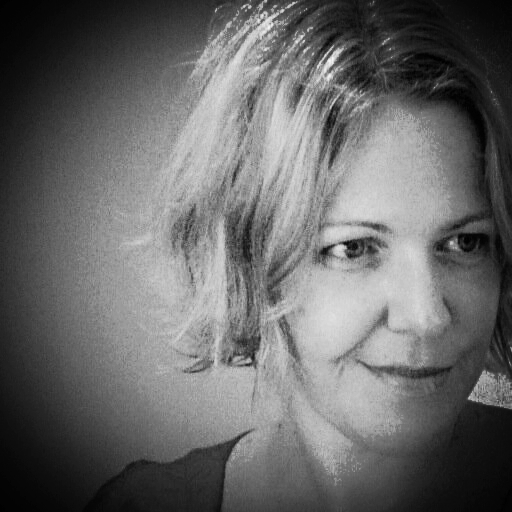Our thanks to Tinderbox for sponsoring this week's episode. Listen to our interview with Tinderbox's creator, Mark Bernstein here, and check out Tinderbox here.
Leah Farrall 101:
Leah's new book: The Arabs at War in Afghanistan
Show Notes:
10:59 – I actually took a lot of my inspiration from screenwriting books and documentary books than any other work. Narrative arcs and how we could do that type of thing, because some of these conversations could fill books in themselves.
12:00 – Our particular goal was to make a book for kids in a library to read in future generations.
13:35 – There are four things I will fess up to being quite shocked by:
1) Spoils of war from the First Iraq War ending up in Jalalabad
2) The details of Bin Laden’s support for Abu Musab al-Zarqawi
3) Abu Musab al-Suri and the issue of recruit poaching
4) The involvement of Al-Qaeda in Yemen, going back as far as it did
This all has relevance to today – we always want to look at change without looking at continuity.
15:10 – Ideology comes last, not first
17:30 – The entire way in which we study this material, we’ve got it the wrong way around and I think we really need to have a good hard think about it. To me, that’s what part of this book shows. That we got so much of this history wrong. And we got it wrong because we always try to jump to a solution without letting the history speak for itself first.
20:57 – Mustafa and I being able to do this book was a unique confluence of circumstances and also as well as personalities. Both of us had influence within our fields, but also operated on the edge of them.
29:52 – Everyone has an agenda for everything they do, and this is important to remember.
42:01 – Implications of fighting for funding: the pressure to reduce everything to bite size chunks. And with that, we’re missing the ability to chart emerging landscapes and how they’re changing. And it’s very rare that you get that type of funding coming through. The traditional funding structures have not caught up to the changing research environment. So we’ll need to look at new ways of collaborating and new ways of researching. The nice side is that the online space means that people like us can contact each other and work together in a way that we couldn’t before, and that’s breaking down some of the barriers that academia is putting up in other areas.
46:45 – Teaching should be research led. So it’s balancing the research you need to do when you’re teaching with the research you want to do. And I haven’t found my balance yet.
49:29 – I taught, before 9/11, and taught a counter-terrorism course, and one of the things I made every single one of these students in this tutorial class do was give me their own definitions of terrorism, and present to the class the reasons why. And they couldn’t just pick an existing definition and if they did they had to really heavily justify it and explain why they felt nothing should be added or removed. So after the first few it got really tiring, as you would imagine. But when you pushed through, the discussion started, and I found it fascinating that – well, it’s 2015, and my students still get back to me and they still remember those definitions. That formed the basis of thinking exercises that I did throughout the entire course.
51:09 – I think (research) is all about the teaching or research objectives. I remember I had colleagues in the Australian Federal Police and I felt sorry for them (though I was no different) because no one really taught us critical thinking. I hit the work place, and I didn’t know how to think critically and I didn’t know how to analyze. I think we’ve got a real responsibility to make sure that’s what we’re teaching our students. You want to give students transferable skills.
53:58 – Gregory Johnsen’s (previous guest on the show!) excellent AUMF piece
54:30 – In the quest for knowledge, how we see something and how we understand it is essentially the main starting point and the main problem as well.
56:30 – I’m a very visual person and I’m a very messy person…often just grabbing a notepad and scribbling down notes. I love Analyst’s Notebook, purely because you can make a mess.
I also have a box full of post-it notes, and use butcher's block and put those post-its on top of it.
One Research Ladder
1:01:01 – I think there’s something to be said for it (getting up and going) but you have to be very sure of your own strengths and weaknesses, and what you will and won’t tolerate. It sounds silly, but if the value and integrity of your work is something you value above all else, be prepared to be blacklisted. I’ve pulled things from high-profile publications because they’ve insisted on using different words that would misrepresent something so badly that subject matter experts would say ‘what the hell.’ Now, that’s my personal commitment, but that’s come with a cost. And to anybody coming into the academic field, be aware of that type of stuff. Be aware of what you will commit to and what you won’t. Because there will come a time where you will have to make a choice – do you surrender some of that integrity? Is having that profile important to you? Is being on TV important to you? If so, great, but know with that it comes with certain benefits and certain negatives.

